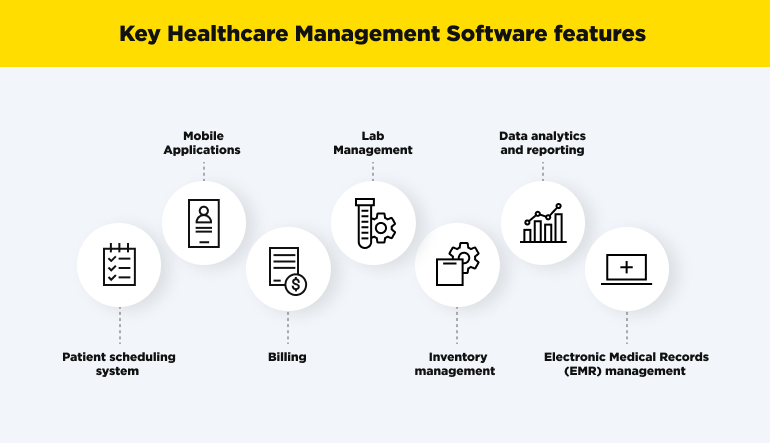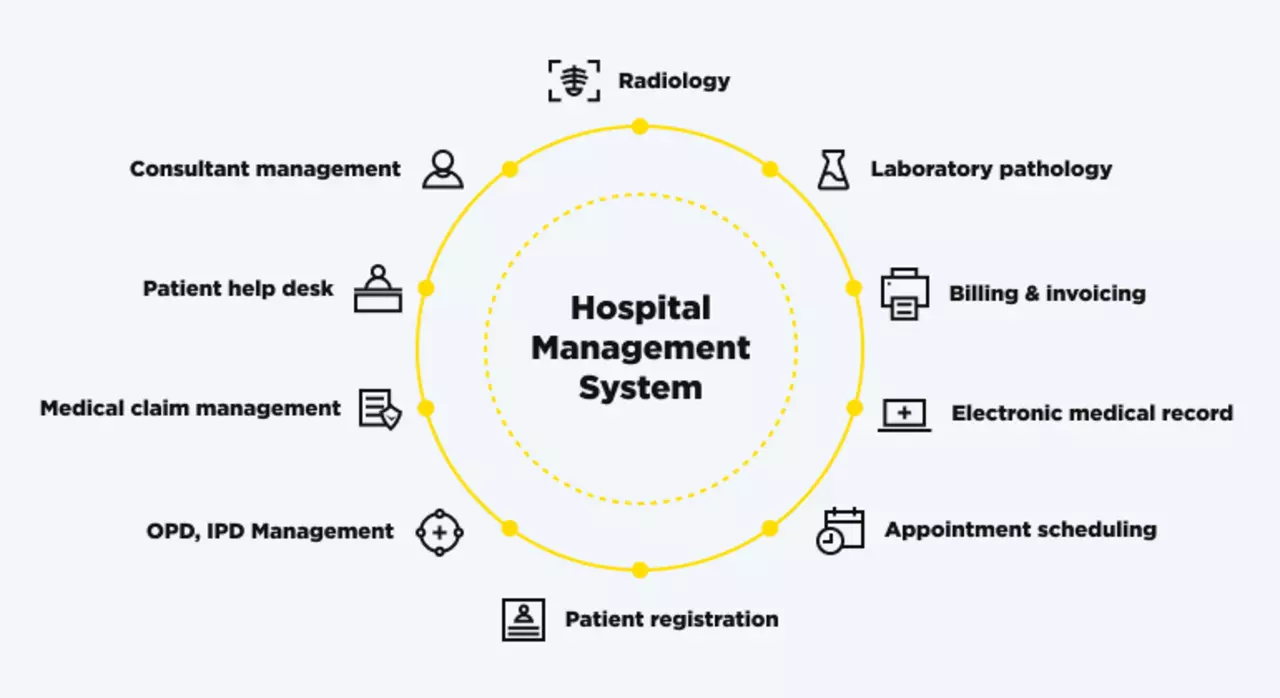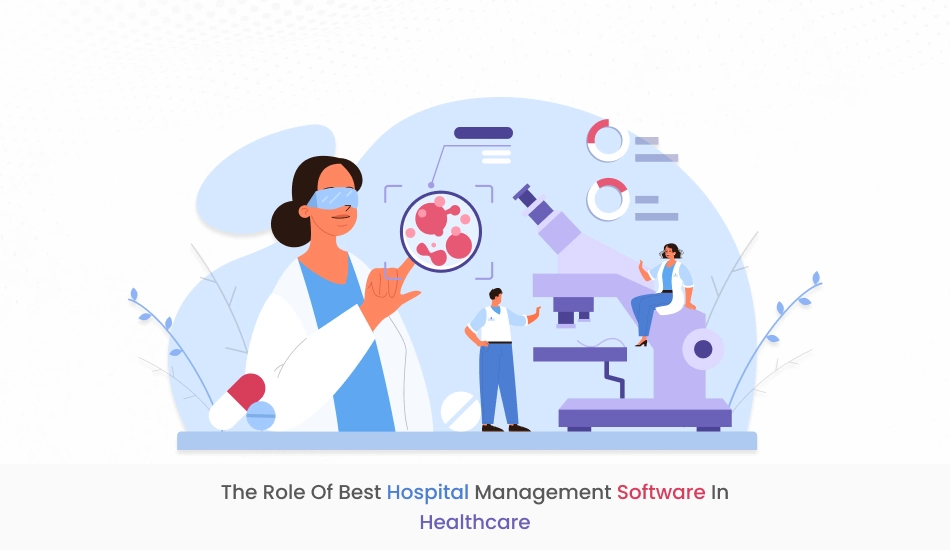Discover how Hospital Management Software (HMS) is transforming healthcare delivery by streamlining operations, enhancing patient care, and improving communication across medical facilities. This comprehensive guide explores key features, benefits, and applications of HMS, highlighting its positive impact on doctors, patients, pharmacies, and diagnostic services.
Transforming Healthcare with Hospital Management Software

In the complex world of healthcare, effective management is crucial for delivering quality patient care. Hospital Management Software (HMS) is a comprehensive solution that streamlines hospital operations, enhances communication, and improves patient outcomes. This blog explores the features, benefits, and advantages of HMS, as well as its impact on doctors, patients, pharmacies, and diagnostic services.
What is Hospital Management Software?
Hospital Management Software refers to an integrated system designed to manage all aspects of hospital operations, including patient registration, appointment scheduling, billing, and medical records management. By centralizing these functions, HMS improves efficiency and communication among healthcare providers.
Key Features of Hospital Management Software
- Patient Management: Comprehensive tools for managing patient records, appointments, and histories.
- Appointment Scheduling: Streamlined scheduling system for doctors and patients to manage appointments efficiently.
- Billing and Invoicing: Automated billing systems that manage payments, insurance claims, and invoicing.
- Electronic Health Records (EHR): Secure digital storage of patient medical histories, treatment plans, and test results.
- Pharmacy Management: Inventory control, prescription management, and medication tracking.
- Reporting and Analytics: Tools for generating reports on hospital performance, patient outcomes, and operational efficiency.
- Communication Tools: Messaging systems that facilitate communication among staff, doctors, and patients.

Benefits of Hospital Management Software
- Enhanced Efficiency: Automates routine tasks, allowing staff to focus on patient care.
- Improved Patient Care: Faster access to patient information enables better decision-making and treatment.
- Cost Savings: Reduces operational costs by minimizing paperwork and administrative overhead.
- Data Security: Protects sensitive patient data with secure storage and access controls.
- Regulatory Compliance: Helps hospitals comply with healthcare regulations and standards.
Uses of Hospital Management Software
Hospital Management Software is employed across various functions, including:
- Patient Management: For managing admissions, discharges, and patient histories.
- Doctor's Operations: To schedule appointments, manage patient records, and streamline communication.
- Pharmacy Management: For inventory control, prescription processing, and medication tracking.
- Diagnostic Services: To manage lab tests, radiology reports, and other diagnostic functions.
- Billing and Finance: For managing invoicing, insurance claims, and payment processing.

Benefits for Hospitals
- Improved Workflow: Streamlined processes lead to faster patient throughput and reduced waiting times.
- Better Resource Management: Optimizes the use of medical staff, equipment, and facilities.
- Enhanced Patient Satisfaction: Faster services and better communication improve patient experiences.
- Informed Decision-Making: Access to data analytics enables hospitals to make strategic decisions based on performance metrics.
Advantages of Hospital Management Software
- Scalability: HMS can grow with the hospital, accommodating more patients and services without significant additional costs.
- Integration: Ability to integrate with other systems such as laboratory, radiology, and billing software.
- Accessibility: Cloud-based systems allow access from anywhere, improving flexibility for staff and doctors.
- Patient Engagement: Tools for online appointment booking and accessing medical records enhance patient engagement.
Conclusion
Hospital Management Software is revolutionizing the way healthcare facilities operate. By centralizing critical functions, enhancing communication, and improving patient care, HMS empowers healthcare providers to deliver high-quality services efficiently. As the healthcare landscape continues to evolve, investing in robust hospital management software will be crucial for facilities aiming to thrive in the digital age.




